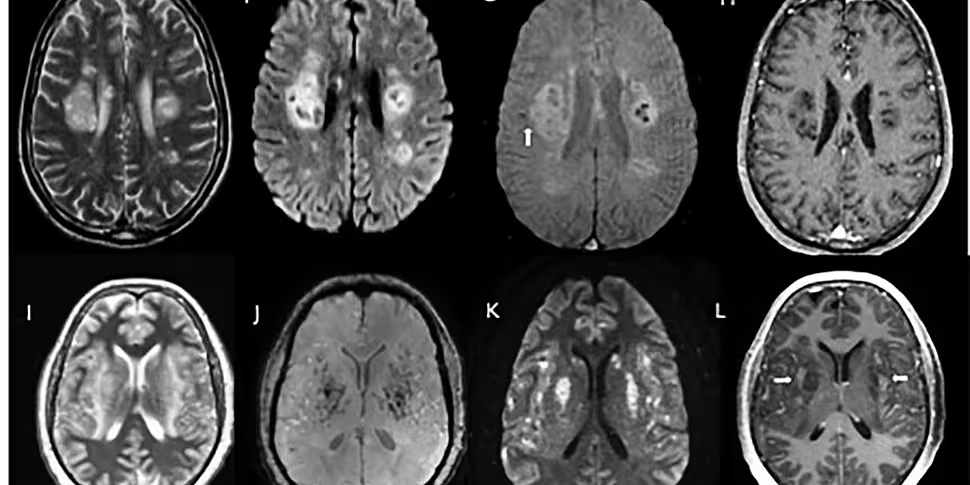There is a warning of serious brain disorders in people who had coronavirus symptoms.
That is according to a new study published in the neurology journal 'Brain'.
Professor Luke O'Neill is from Trinity College Dublin.
He told Pat Kenny: "UK neurologists have reported on 40 patients who had severe brain damage.
"It's a small numbers, remember, only a percentage of people will have this severe course.
"But you get a thing called acute disseminated encephalomyelitis - that's inflammation of the brain, basically.
"The virus will cause inflammation in your lungs, and that's the main organ that we worry about with respiratory failure.
"We've known it goes to the brain, that was shown even three or four months ago, and low and behold it cause a little storm - a firestorm - in your brain.
"That has damaging effects, and now they're reporting on 40 patients.
"The symptoms are things like delirium, that's often an initial symptom, even before you've any other symptoms.
"Some of these people have began to report delirium - that's a well known thing during infection, by the way - often people feel a bit funny in the head because they've gotten infections.
"But this seems to be severe - but even worse, Pat, they're getting paralysis.
"You get a thing called Guillain-Barré syndrome, again this was known with other viral infections.
"And what's happening there is the inflammatory process in the brain destroys the myelin that's covering your nerves, and the myelin is like your insulation".
"This is the first report of this - it's rare thankfully, but still it's something that they're going to keep an eye on".
The study examined clinical data in 43 patients at the UK's National Hospital for Neurology and Neurosurgery in London in early March.
The researchers said: "The high incidence of acute disseminated encephalomyelitis, particularly with haemorrhagic change, is striking.
"This complication was not related to the severity of the respiratory COVID-19 disease."
"Early recognition, investigation and management of COVID-19-related neurological disease is challenging.
"Further clinical, neuroradiological, biomarker and neuropathological studies are essential to determine the underlying pathobiological mechanisms, which will guide treatment."









